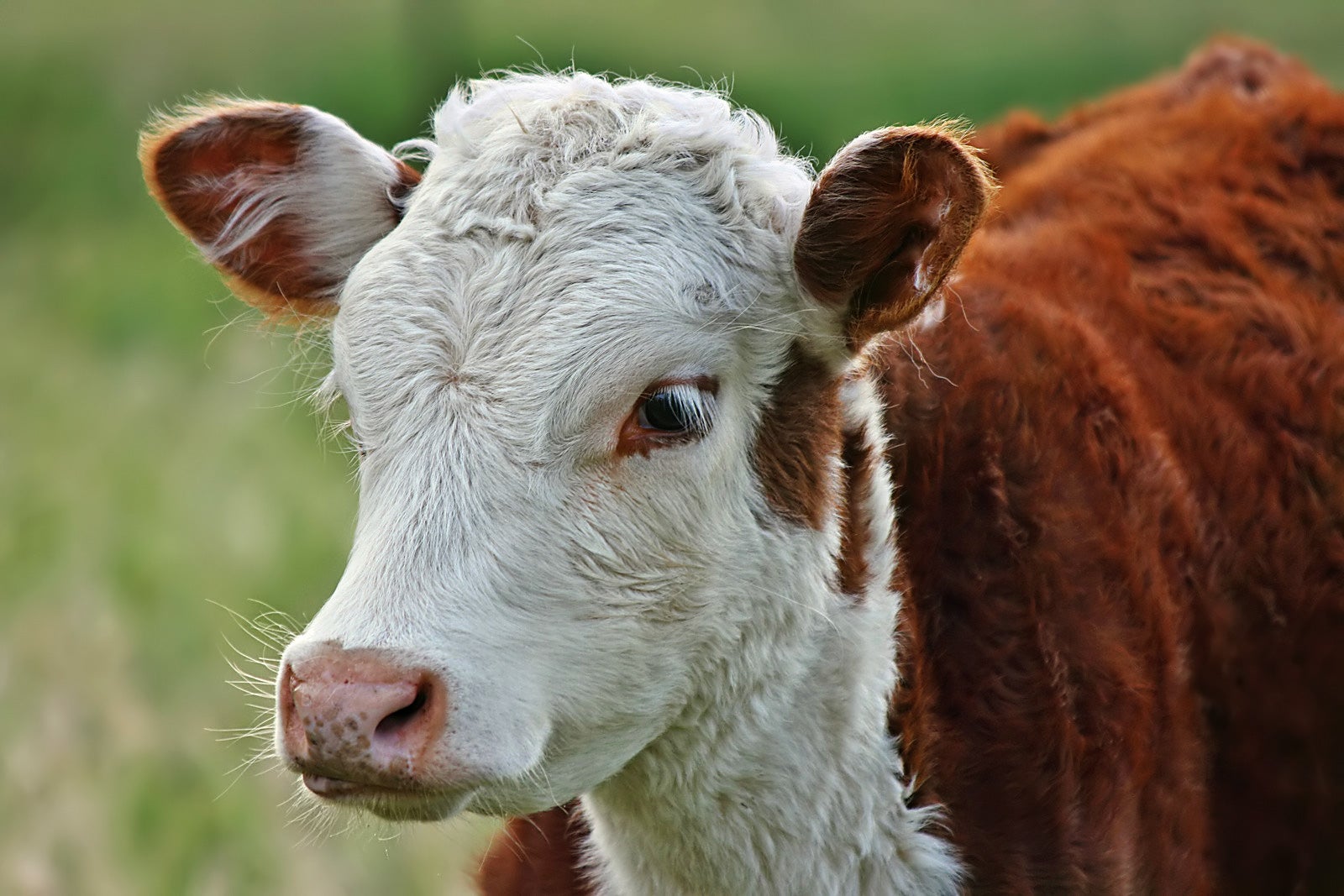
Scientists have found a way to produce dairy cows that do not grow horns. Farmers have to routinely cut the horns of their cows because when they fight, they fight with their horns. Keeping the horns long runs the risk of the cows injuring each other. Researchers have found a way, through genetic modification, to insert an allele associated with the trait of lacking horns. The allele is called POLLED, and it is much more common in beef cattle than dairy cattle. Genetic modification was used instead of selective breeding because obtaining this trait through selective breeding could take decades, and the process of genetically modifying alleles is much shorter.
This discovery is not only important to farmers, but the cows as well. The dehorning process can be painful, and takes time for the farmers to complete. If the cows are born without horns in the first place, they will not have to endure the painful process of dehorning. These cows, though, are not approved by the FDA to be used for meat or for their milk, due to the negativity surrounding GMOs. The hope is that the FDA will approve these cows to be used for their food products so more farmers can utilize this discovery on their own farms.
What a crazy idea that the FDA will not approve these cows. I cant see how breeding out a selective trait, such as horns, can cause any change to the cow's worth. I agree that breeding horns out in some could be very helpful for both farmers and the cows.
ReplyDeleteThis is a great way to show how genetic modification can improve the quality of the dairy industry and many other industries. It provides a much safer way for these cows to not hurt each other with their horns than dehorning them. Hopefully this practice can be studied to show that there is no negative effects, so it can be used by those in the industry.
ReplyDeleteNicole, I am curious if this GMO is researched enough to utilize them on farms. It seems like a win-win situation if there are hornless cows (no harm to cows, no cost for horn removal, no intense fights between cows). I wonder if the allele inserted has an impact on the nutritional value each cow produces.
ReplyDeleteThis is definitely I will look into more since we have more developed technology and more research since this article has been published.